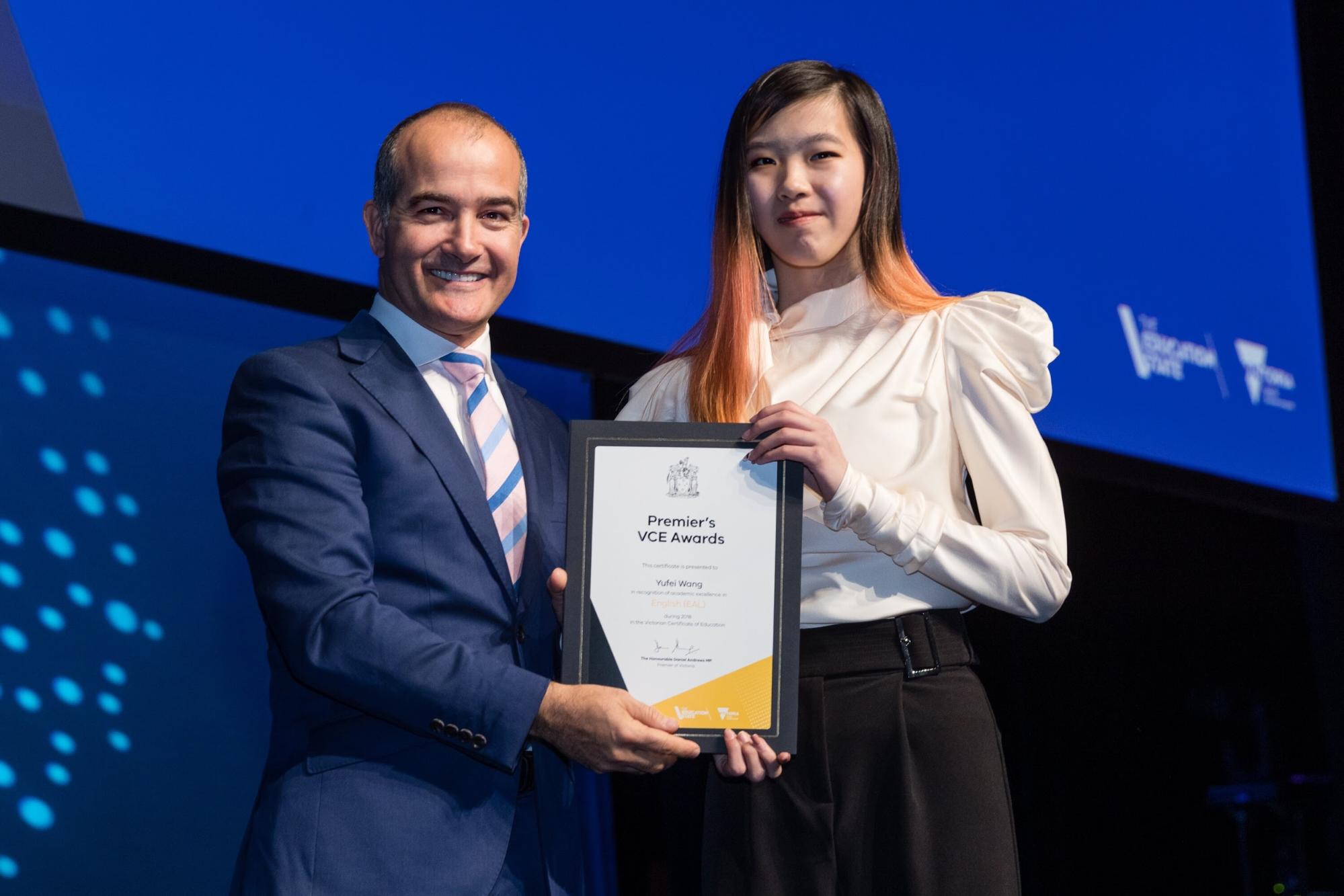The idea of studying at least 3 texts, completing 4 SACS, and a 3-hours final exam at the end of the year can be quite overwhelming for many of us. Nevertheless, if we manage to equip ourselves at the very start of our VCE journey, any obstacle can be mitigated or even avoided. Remember that even though there might be moments of sweats and tears, striving through VCE is more about overcoming challenges and pushing the limit that you have once imposed on yourself (which may not be the best reflection of what you are capable of). The following includes 3 pieces of advice for future VCE students that I have derived from my past experiences.
1. A head start is key!
The beginning of the VCE journey is not necessarily Year 12 or Unit 1/2; it could be earlier. A “head start” provides us with the opportunity to “trial and error” the best way of learning, revising, and applying new knowledge. In Year 9, I would reorganise and rewrite all of my notes for revision. However, later on, apart from the pleasure of using my highlighters, I find this method both time-consuming and ineffective as the amount of content I have to revise increases. My friends and I have then figured out a new approach – we would form a small study group, and teach each other something that we have prepared. It can be a key scene from the text, a theme, or breaking down an essay prompt. This method is more engaging and helpful, so I keep using it in Year 12. Another tip for studying is on essay writing. At the start of Year 12, you can aim for the quantity of your essays. Write as many essays as you can will allow you to be familiar with the text and the writing style, to make mistakes, and make changes. In mid year however, your focus should shift towards the quality of your essays. My first advice for future students is that to be prepared for VCE English/EAL (in fact any subject) you have to find the right study habit or method that suits yourself.
2. Set realistic goals and action them!
Now we are on the right track, but soon we may encounter another problem – how should we further improve ourselves? Quoting Elsa from Disney’s Frozen, we want to “test the limits and break through”. Therefore, setting a set of goals can be a solution. Speaking of goals, one may instantly think of “a raw score above 40”. This can be an aim in the long term, but it requires many short term goals to make a long term goal feasible. To start with, a goal can be as straightforward as memorizing 5 quotes for each theme or writing an introduction for analysing arguments within 5 minutes. After you are competent with achieving the current goals, try to raise the standard. For example, adding elements of motif or symbol into text response, and incorporating metalanguage. Many students understand the importance of using metalanguage, but they may ignore its prerequisite – a strong understanding of the text and being capable of thoroughly analysing the basic content. Like adding icing to a cupcake, without a solid base, the icing itself is undesirable. The takeaway here is that we need to work on one thing at a time. So my second advice is to set manageable progressive goals, and thus creating a study plan for achieving a long term goal in the end.
3. Master your texts!
As I mentioned at the start, we have to study multiple texts for VCE English/EAL. So to wrap up, I would share some of my approaches to study a text. We are often told that we should read the text 3 times in order to develop a profound understanding. I guess this is not the most exciting thing to do during your Christmas holiday however, it is indeed rather important. The process of repeatedly reading the text is like filtering key information out of the sea of content. There will be bits and pieces that we miss, and therefore we need multiple filtering to maximise the knowledge we possess. After reading a text for the first time, we would be familiar with the characters, key themes, and the storyline. The next time, focus on particular scenes, the turning points and the climax, as well as collecting useful quotes. During the last time, we can put ourselves into the perspectives of the author – think about the choices they made, and the message they try to convey. Theoretically, in the end, you should have a more thorough understanding of the text than your examiner. My last advice to VCE students is to be the master of your text – a read a day, to keep the examiner away. (Well, not really…)
I hope all the best to you for the journey ahead. Take the initiative of your own learning, rather than being “controlled” by the upcoming tasks. Make the end of the year exam as an opportunity to show off your knowledge and your capability, because why not?
